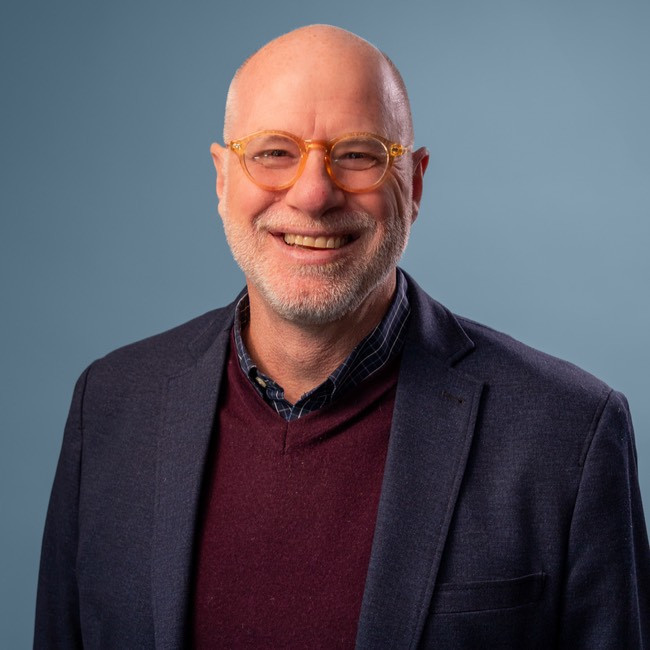Kyle Jantzen, PhD
Biography
I completed both a BA (Honours) and MA in history at the University of Saskatchewan. My MA thesis, Guilds and Reformation: Basel in the 1520s, examined the relationship between the religious and political aspects of the Protestant Reformation in the Swiss city of Basel during the 1520s. The story begins with Lutheran ideas filtering into the city and ends with Protestants clinching their theological argument by threatening the city council with cannons, rioting, and tearing down religious images in their churches!
Along the way, I began to grow interested in a new field of research: the "German Church Struggle." This was the name given to conflict among churches and between church and state in Nazi Germany. In my McGill University PhD dissertation, I examined the complex relationship between religion and nationalism in National Socialist Germany "from the bottom up," analyzing the upheaval in dozens of Protestant parish churches scattered across three regions of Hitler`s Germany. In some places, pastors and congregations opposed the intrusion of Nazism into church life. Elsewhere, they embraced it, seeing Hitler as a leader who could reinvigorate German church life and restore the social and cultural influence of Protestant Christianity. This research was published as Faith and Fatherland: Parish Politics in Hitler's Germany (Minneapolis: Fortress Press, 2008).
Since that time, I have remained involved in the history of the German churches under Nazism, but also conducted a series of research projects on how North American Christians responded to the Nazi persecution of Jews. Both topics have come together in my service as Managing Editor of Contemporary Church History Quarterly from 2010-2023. I love to teach using primary sources from the past, and my favourite courses involve challenging moral and spiritual questions: Nazi Germany, the Protestant Reformation, and History of Genocide and Mass Violence. I also teach Applied Research in History, in which I help students engage in real-world research projects, often with community partners.
For more information about my academic life, including access to full-text copies of my research, blog posts, and a full CV, please visit my personal academic website.
Education
Signature Courses
HI 380 Applied Research in History
HI 422 Nazi Germany

